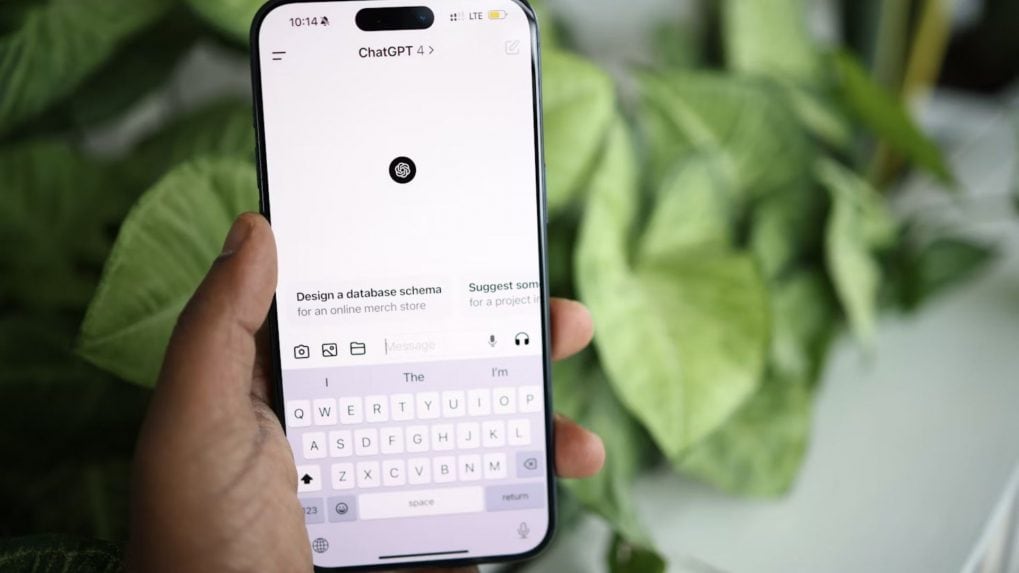Advertising
Co-lead or crown? Tussle for Omnicom–IPG leadership race in India heats up

A U.S. judge has dismissed concerns that an order requiring OpenAI to preserve all ChatGPT chat logs constitutes a “nationwide mass surveillance program,” ruling that the data retention is limited in scope and purpose.
The ruling came in response to objections filed by ChatGPT users after Judge Ona Wang instructed OpenAI to indefinitely retain user chat data—including deleted logs—as part of an ongoing copyright lawsuit.
One objector, a business owner who integrates ChatGPT into company operations, argued that the court order risked exposing confidential materials such as trade secrets and source code. The judge dismissed this filing on procedural grounds, noting the business failed to retain legal representation.
Another user argued the order would harm ChatGPT users by storing "highly sensitive" personal and commercial information, likening the court's directive to a national surveillance effort. Judge Wang rejected that argument as well, stating, “Proposed Intervenor does not explain how a court’s document retention order… is, or could be, a ‘nationwide mass surveillance program.’”
She clarified that the retention directive is solely for litigation purposes and does not involve making user data public. OpenAI has indicated it will continue to challenge the order.
Still, the case highlights growing legal tensions around AI, privacy, and user data. While OpenAI’s systems may not constitute surveillance in the traditional sense, the case serves as a reminder that user interactions with AI platforms are not inherently private—especially when courts get involved.
According to LinkedIn’s research with over 1,700 B2B tech buyers, video storytelling has emerged as the most trusted, engaging, and effective format for B2B marketers. But what’s driving this shift towards video in B2B? (Image Source: Unsplash)
Read MoreDiscover Arattai, Zoho’s made-in-India messaging app. Features, privacy, user growth, and how it compares to WhatsApp in 2025.